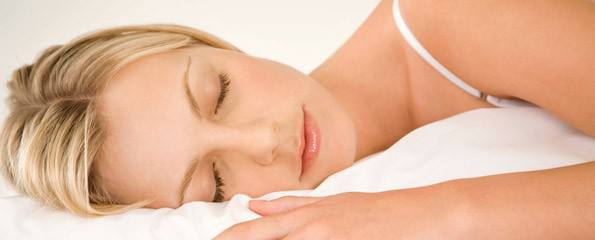Sleep: An overview
- Physiology of sleep
- Video: Sleep
- Sleep hygiene
- Sleep diary
- Insomnia
- Primary insomnia
- Sleep apnoea
- Video: Obstructive sleep apnoea
- New Year’s Resolution: Get enough sleep
- Sleep and rest over the festive season
Physiology of sleep
 | Sleep is a state of reduced awareness and responsiveness. In humans, sleep is also associated with reduced movement. Sleep consists of two different phases: rapid eye movement (REM) sleep; and non-REM or slow wave sleep. |
For more information, see Sleep Physiology.
Video: Sleep
 | You will spend more time sleeping than doing anything else. It’s very important to recognise that you need sleep. Dr Joe Kosterich talks about how long people sleep, some of the problems of not getting enough sleep, and helpful tips for changing your sleep patterns. |
For more information, watch the video Sleep.
Sleep hygiene
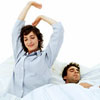 | Sleep is crucial to daytime functioning, cardiovascular health and metabolism. The amount of sleep, sleep quality and timing of sleep are all determined by many everyday activities and attitudes. The aim of sleep hygiene is to translate what is known about the biology of sleep into practical advice for promoting sleep through lifestyle and environmental changes. |
For more information, see Sleep Hygiene.
Sleep diary
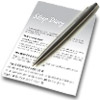 | A sleep diary is a daily log than can be used to record your sleep-wake pattern. This diary enables you to record how well you sleep at night and is a useful way for you to see your sleeping patterns over a period of time. Your doctor may use this diary to see what is the most appropriate treatment for your insomnia. |
Download the Sleep Diary.
Insomnia
 | Insomnia, or “inadequate sleep“, is a condition in which a person cannot achieve sleep despite considerable effort to do so. There are two types of insomnia: primary insomnia that occurs due to a psychological inability to initiate and maintain sleep, and secondary insomnia that occurs due to the co-existence of another medical condition. Both can cause chronic insomnia. |
For more information, see Insomnia.
Primary insomnia
 | Insomnia can occur in the absence of any other underlying medical conditions, known as primary insomnia (or idiopathic insomnia). The main complaint with primary insomnia is difficulty getting to sleep or maintaining sleep. |
For more information, see Primary Insomnia (Idiopathic Insomnia).
Sleep apnoea
 | Obstructive sleep apnoea is a condition characterised by episodes where a person’s breathing repeatedly stops while they sleep. “Apnoea” refers to the lack of breathing, while “obstructive” describes the cause of the apnoea. Lack of air into the lungs causes sufferers to wake briefly throughout the night, leaving them feeling tired and lethargic due to lack of sleep. |
For more information, see Sleep Apnoea.
Video: Obstructive sleep apnoea
 | Obstructive sleep apnoea is a serious, potentially life-threatening condition. Dr Linda Schachter talks about the causes, risk factors, symptoms, potential dangers and treatment of obstructive sleep apnoea. |
For more information, watch the video Obstructive Sleep Apnoea.
New Year’s Resolution: Get enough sleep
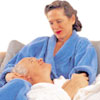 | Many people underestimate the importance of achieving enough rest and sleep. Sleep restores our daytime functioning, consolidates our memories from the day and saves the body’s energy. Many different people are at risk of poor sleep and its negative effects. |
For more information, see New Year’s Resolution: Getting Enough Sleep.
Sleep and rest over the festive season
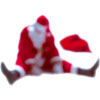 | Many people will find themselves burnt out after the festive season instead of refreshed and ready for another working year. It is very important to use the time you have off work to revitalise yourself, relax and spend quality time with your loved ones. |
For more information, see Sleep and Rest over the Festive Season.
Dates
Tags
Created by:

 Login
Login